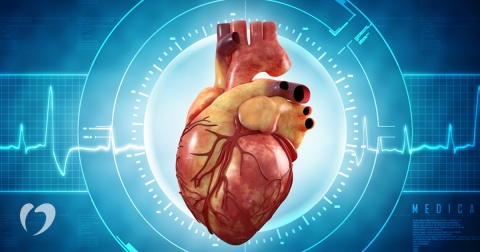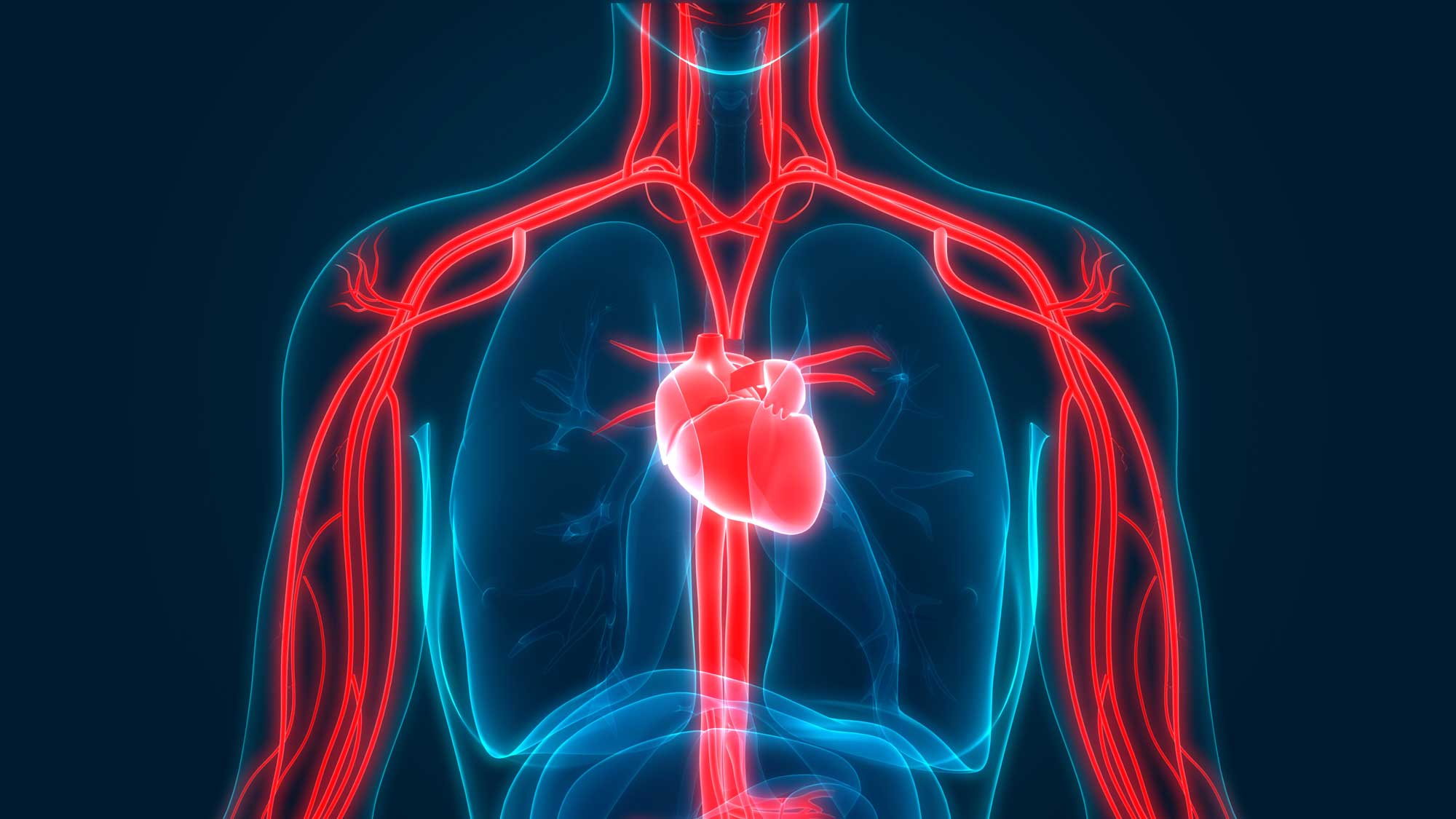ACE Inhibitors and Pregnancy
ACE Inhibitors and Pregnancy ACE Inhibitors and Pregnancy Here are some things you should know about ACE inhibitors and pregnancy: 1. ACE inhibitors are generally safe and effective at treating high blood pressure, but they can increase the risk of birth defects if taken during pregnancy. For this reason, it’s generally recommended that pregnant women … Read more









